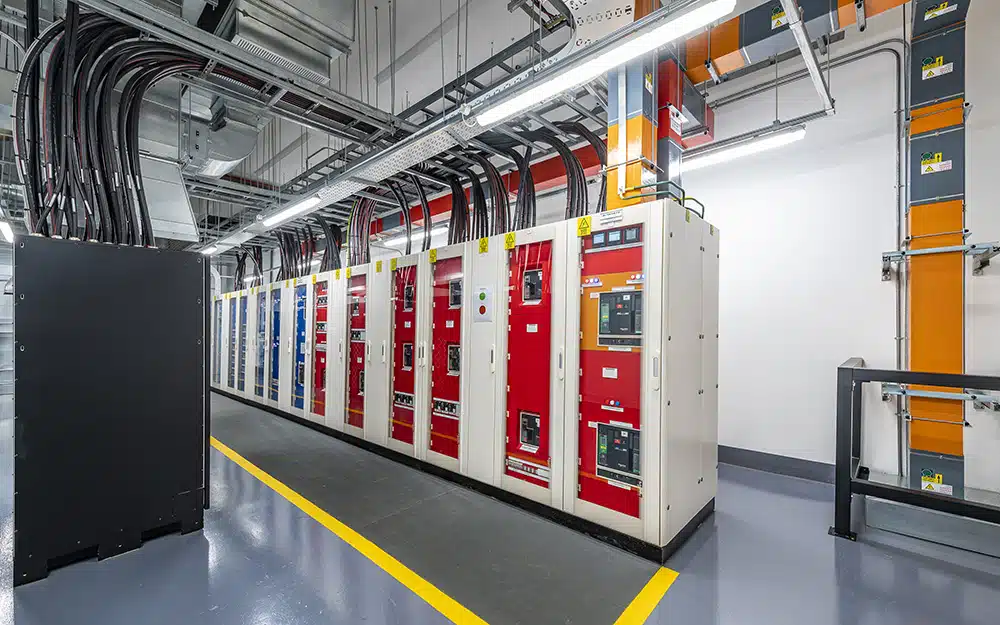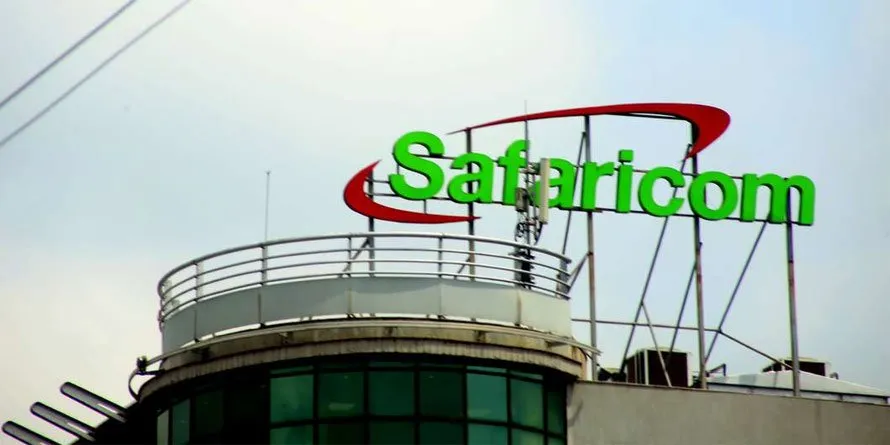Nigerians can anticipate significant improvements in telecommunications infrastructure starting in the fourth quarter of 2025, according to Yahaya Ibrahim, Chief Technical Officer of MTN Nigeria.
In a recent interview with BusinessDay, Ibrahim revealed that the company has identified key priority areas to address years of underinvestment in the country’s telecommunications infrastructure.
“Equipment is already arriving, and we have mapped out the worst-hit locations. We are addressing them one by one. But it is important to understand that network investment is never done,” Ibrahim explained. “As you expand, more users come in, data usage increases, and demand rises. It is a constant cycle.”
MTN’s announcement comes on the heels of a landmark decision by Nigeria’s telecommunications regulator, which approved a long-awaited tariff adjustment after nearly 11 years.
Prior to the approval, operators had warned that tariff hikes were not only crucial for their business survival but also for ensuring the necessary investments in infrastructure that could eventually improve connectivity.
The approved 50% tariff increase has already been enacted, but many Nigerians remain frustrated by the lack of noticeable improvements in network quality. Despite the tariff hike, the quality of service has not kept pace with expectations, as customers continue to voice dissatisfaction with connection speeds and service reliability.
Ibrahim, however, insists that low infrastructure investment is only part of the story. The real challenges are more multifaceted, ranging from explosive growth in user numbers to increasing demand for data and the pressures of managing multiple connected devices and data-heavy applications.
“Beyond financial constraints, we have also had to manage rising user numbers, more connected devices, heavier applications, and the usual issues fibre cuts, vandalism, and energy challenges,” Ibrahim said. “Even when we do everything right, one cut fibre line or a damaged site can degrade service in an entire area.”
According to MTN, the company faces more than 30 fibre cuts a day and dealt with over 500 site vandalism incidents in 2024 alone. These disruptions contribute significantly to Nigeria’s wider power and connectivity issues.
Fibre cuts and infrastructure vandalism have long been significant contributors to the country’s unreliable power supply, with telecommunications infrastructure often bearing the brunt. Recognising the importance of protecting these assets, the Nigerian government has taken steps to designate telecom infrastructure as critical national infrastructure.
However, Ibrahim believes that awareness and education should precede law enforcement.
“We need to start with public awareness on the importance of telecom infrastructure. Once that is in place, enforcement can follow for those who continue to disrupt services,” Ibrahim emphasised.











